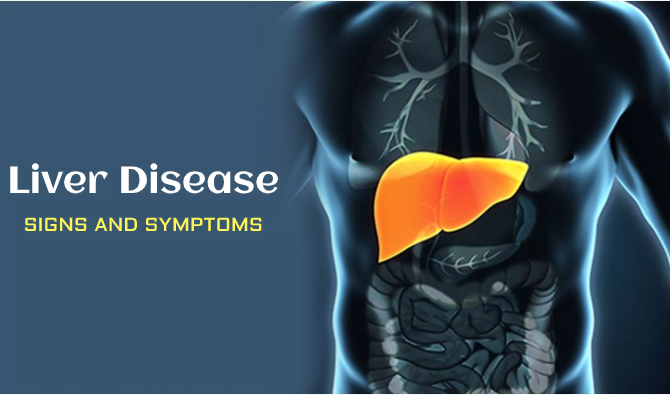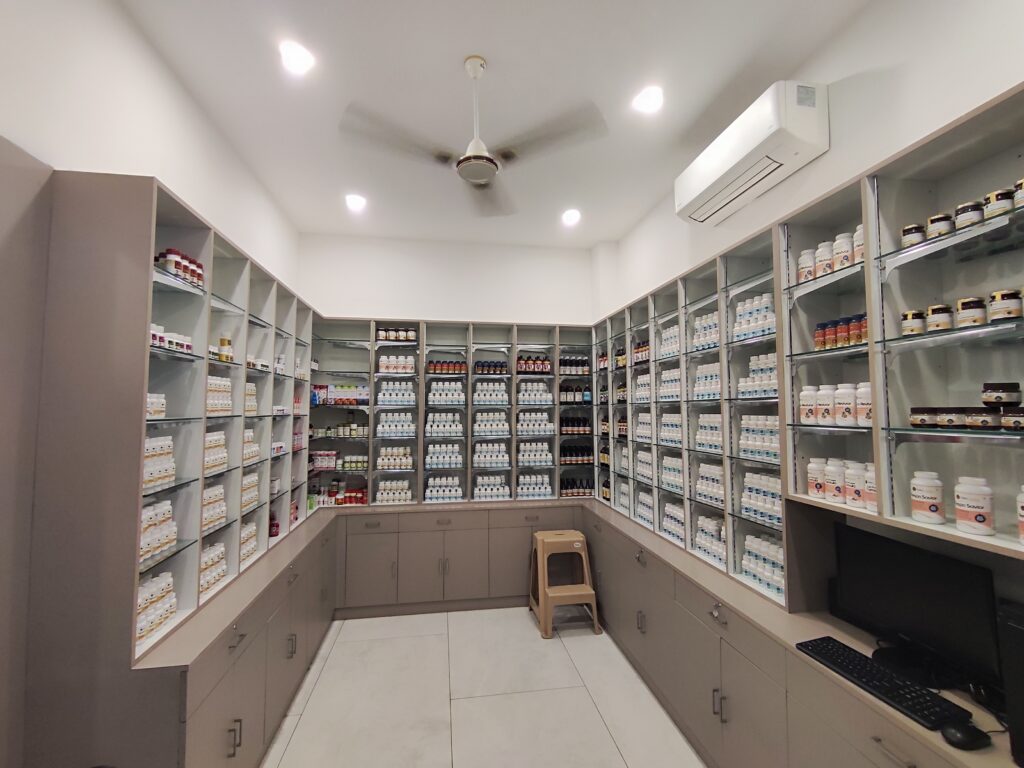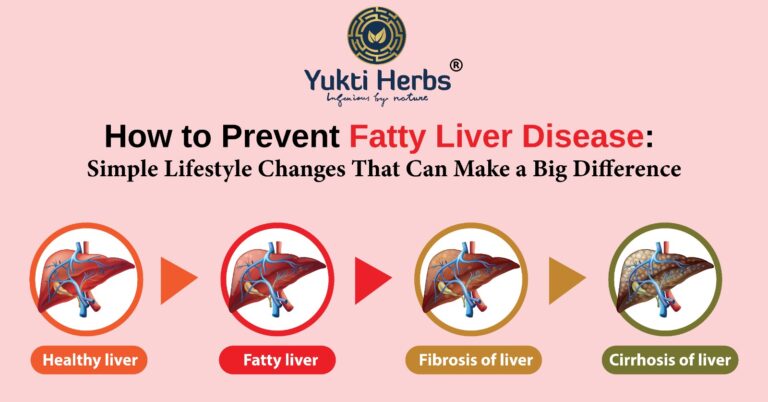Fatty liver, also known as hepatic steatosis, is a condition that occurs when there is an excessive accumulation of fat in the liver cells. It is becoming increasingly common in Western countries, with up to 25% of the adult population affected. If left untreated, it can progress to more serious conditions, such as liver cirrhosis or liver cancer. The good news is that fatty liver disease is largely preventable, and simple lifestyle changes can make a big difference in reducing the risk of developing this condition.
- Maintain a healthy weight: One of the main risk factors for fatty liver disease is obesity, particularly excess abdominal fat. This is because fat cells release free fatty acids, which can accumulate in the liver and cause damage. Maintaining a healthy weight through a balanced diet and regular exercise can help reduce the risk of developing fatty liver disease.
- Limit sugar and processed foods: Consuming excess sugar and processed foods has been linked to the development of fatty liver disease. This is because these foods are high in fructose and other types of sugars that can be harmful to the liver. Limiting the intake of these foods can help reduce the risk of developing fatty liver disease.
- Increase fiber intake: Fiber is an important nutrient that can help reduce the risk of fatty liver disease. It helps to regulate blood sugar levels and reduce the amount of fat that is absorbed by the liver. Good sources of fiber include fruits, vegetables, whole grains, and legumes.
- Exercise regularly: Regular exercise has been shown to reduce the risk of fatty liver disease. Exercise helps to improve insulin sensitivity, which can reduce the amount of fat that is stored in the liver. It also helps to improve overall health and reduce the risk of obesity, which is a major risk factor for fatty liver disease.
- Limit alcohol intake: Excessive alcohol consumption is a major risk factor for fatty liver disease. Alcohol is metabolized by the liver, and excessive consumption can lead to liver damage and the development of fatty liver disease. Limiting alcohol intake or avoiding it altogether can help reduce the risk of developing this condition.
- Avoid exposure to toxins: Exposure to toxins, such as pesticides and industrial chemicals, can also increase the risk of developing fatty liver disease. It is important to avoid exposure to these toxins as much as possible and to take appropriate safety measures when working with chemicals or other toxic substances.
In conclusion, fatty liver disease is a largely preventable condition that can be avoided by making simple lifestyle changes. Maintaining a healthy weight, limiting sugar and processed foods, increasing fiber intake, exercising regularly, limiting alcohol intake, and avoiding exposure to toxins can all help reduce the risk of developing it. By making these changes, some Herbal remedies like Livo Savior individuals can improve their overall health and reduce the risk of developing other serious conditions, such as liver cirrhosis or liver cancer.
References:
- Chalasani, N., Younossi, Z., Lavine, J. E., Diehl, A. M., Brunt, E. M., Cusi, K., … & Sanyal, A. J. (2018). The diagnosis and management of nonalcoholic fatty liver disease: Practice guidance from the American Association for the Study of Liver Diseases. Hepatology, 67(1), 328-357.
- Ballestri, S., Zona, S., Targher, G., Romagnoli, D., Baldelli, E., Nascimbeni, F., … & Lonardo, A. (2016). Nonalcoholic fatty liver disease is associated with an almost twofold increased risk of incident type 2 diabetes and metabolic syndrome. Evidence from a systematic review and meta-analysis. Journal of gastroenterology and hepatology












[…] fatty liver is a largely preventable condition that can be avoided by making simple lifestyle changes. Checkout in Details How to Prevent Fatty Liver […]